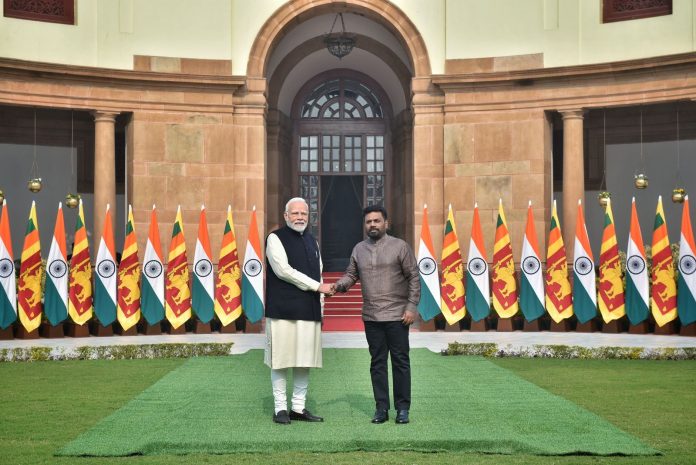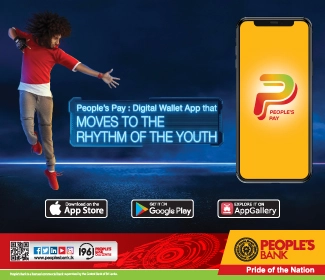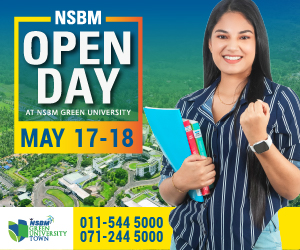In a joint press conference held today (16 December), Indian Prime Minister Narendra Modi and Sri Lankan President Anura Kumara Dissanayake outlined several key agreements aimed at enhancing the bilateral relationship between the two nations.
A major highlight of the conference was the announcement of a new defence pact between India and Sri Lanka. Both leaders also agreed to enhance cooperation in hydrography, which will strengthen maritime collaboration between the two countries.
Addressing the ongoing fishermen issue, PM Modi emphasized the importance of a humanitarian approach and urged both nations to address the concerns with sensitivity. He also noted the importance of finding a sustainable solution to the issue of bottom trawling by Indian fishermen in Sri Lankan waters.
The two leaders discussed the introduction of a new ferry service between India and Sri Lanka to further improve connectivity between the two countries. PM Modi stressed the significance of advancing physical, digital, and energy connectivity, highlighting plans for an electricity grid connection, an oil pipeline, and the provision of LNG to Sri Lankan power plants.
In a significant boost to educational and civil services cooperation, India pledged scholarships for 200 Sri Lankan students, and 1,500 Sri Lankan civil servants are set to receive training in India. Both nations also agreed to enhance railway cooperation as part of their growing collaboration.
PM Modi expressed hope that the new Sri Lankan government would address the aspirations of the Tamil community, particularly in relation to the implementation of constitutional amendments. He also praised President Dissanayake for choosing India as his first foreign visit, further strengthening the partnership between the two countries.
Speaking after Modi, President Dissanayake assured India that Sri Lanka would not allow its territory to be used for activities detrimental to India’s interests. He also invited PM Modi to visit Sri Lanka. Both leaders expressed the need to find a “durable and sustainable” solution to the fisherman issue, including addressing the practice of bottom trawling by Indian fishermen.
Dissanayake said they also reviewed the successful support India provided to Sri Lanka during its economic crisis two years ago, especially in debt restructuring. PM Modi assured continuous support to Sri Lanka in its ongoing economic recovery, pledging further technical assistance to help Sri Lanka strengthen its public services and digitalization effort, he added.
The President thanked India for its hospitality and reaffirmed the importance of continued cooperation for the prosperity of both countries. He said they agreed that their bilateral development efforts would continue to open up new avenues for growth and mutual benefits.
Further strengthening the economic ties between the two nations, Sri Lanka and India exchanged a Memorandum of Understanding (MoU) to avoid double taxation and to train Sri Lankan civil administrators at the Indian National Centre for Good Governance.






